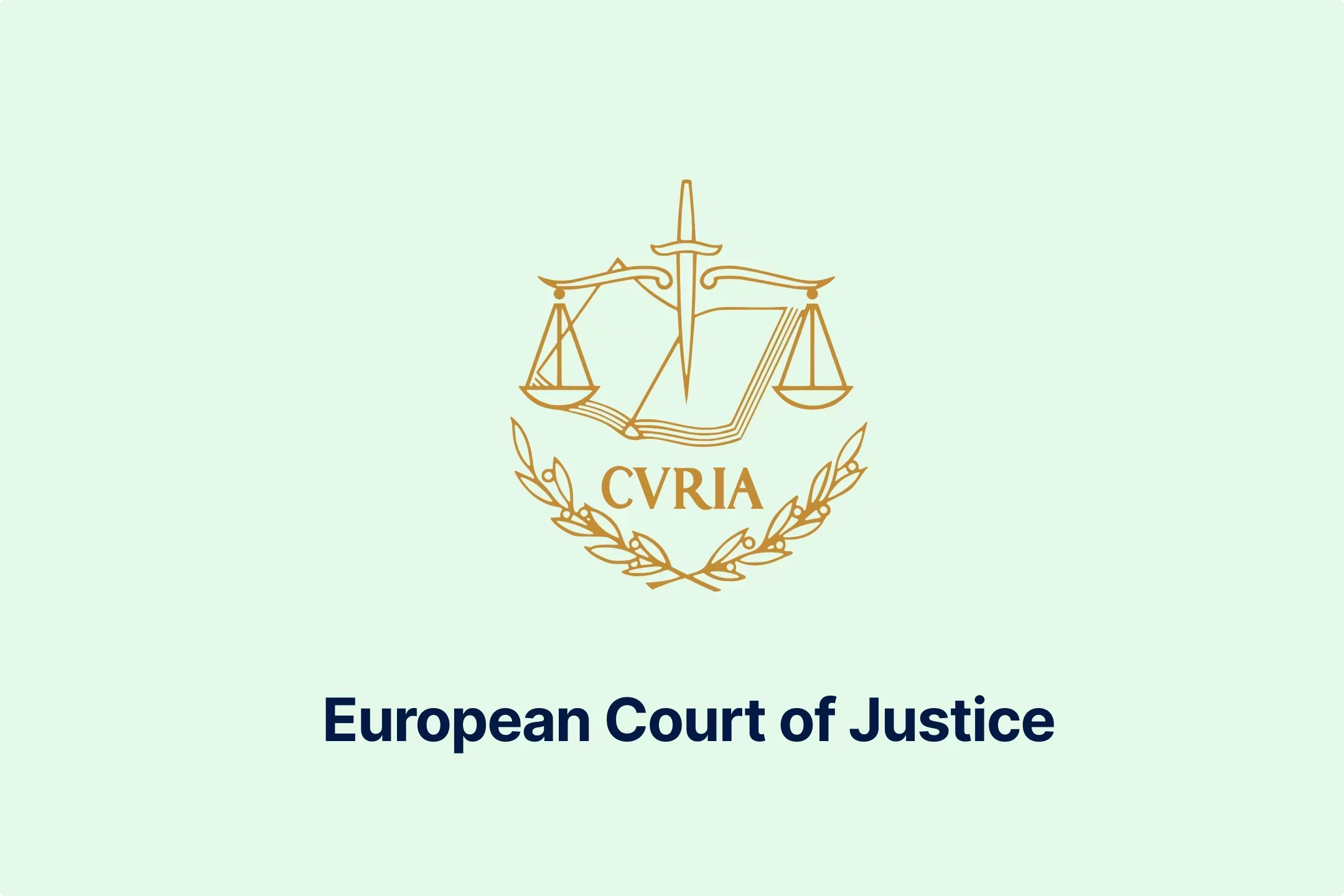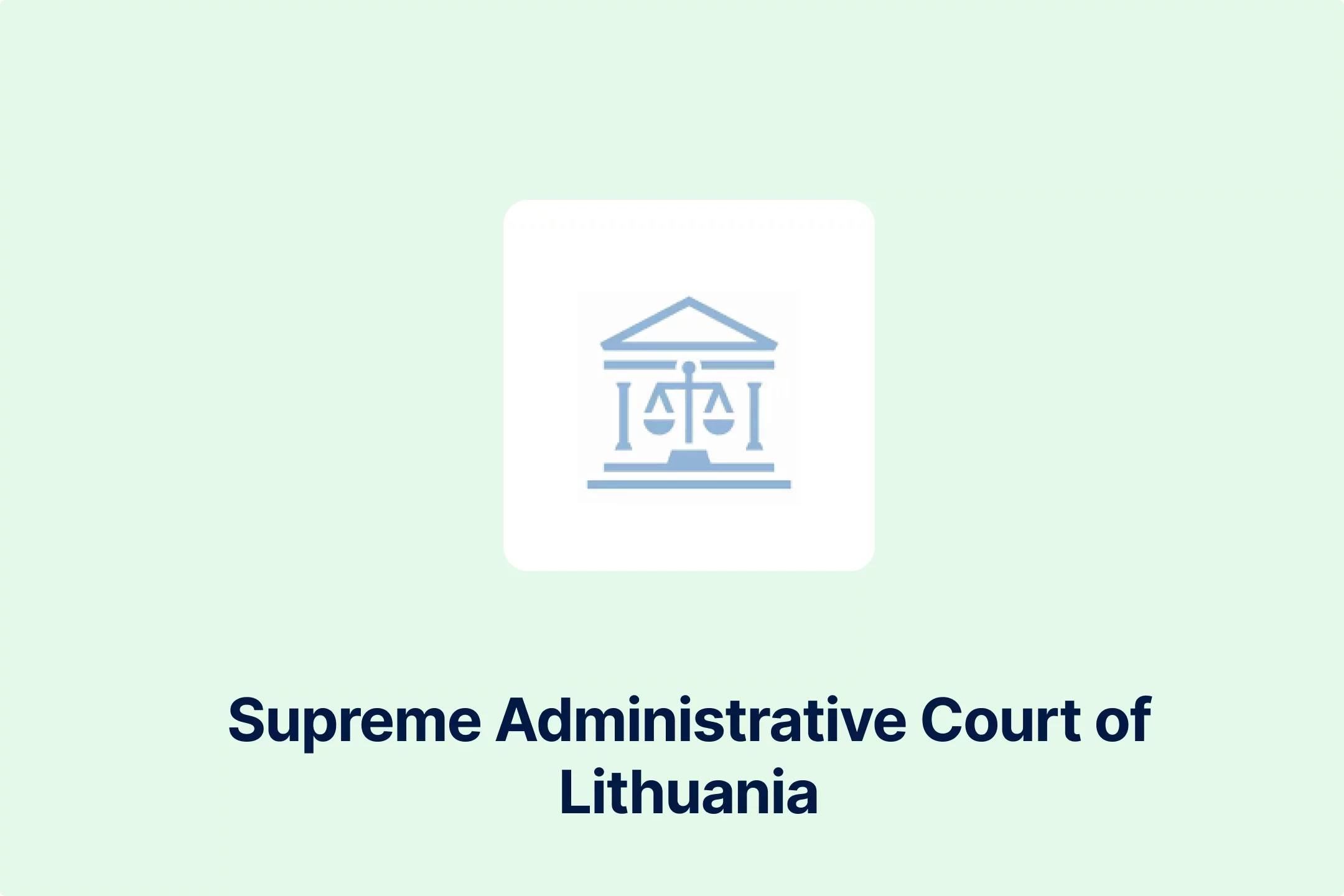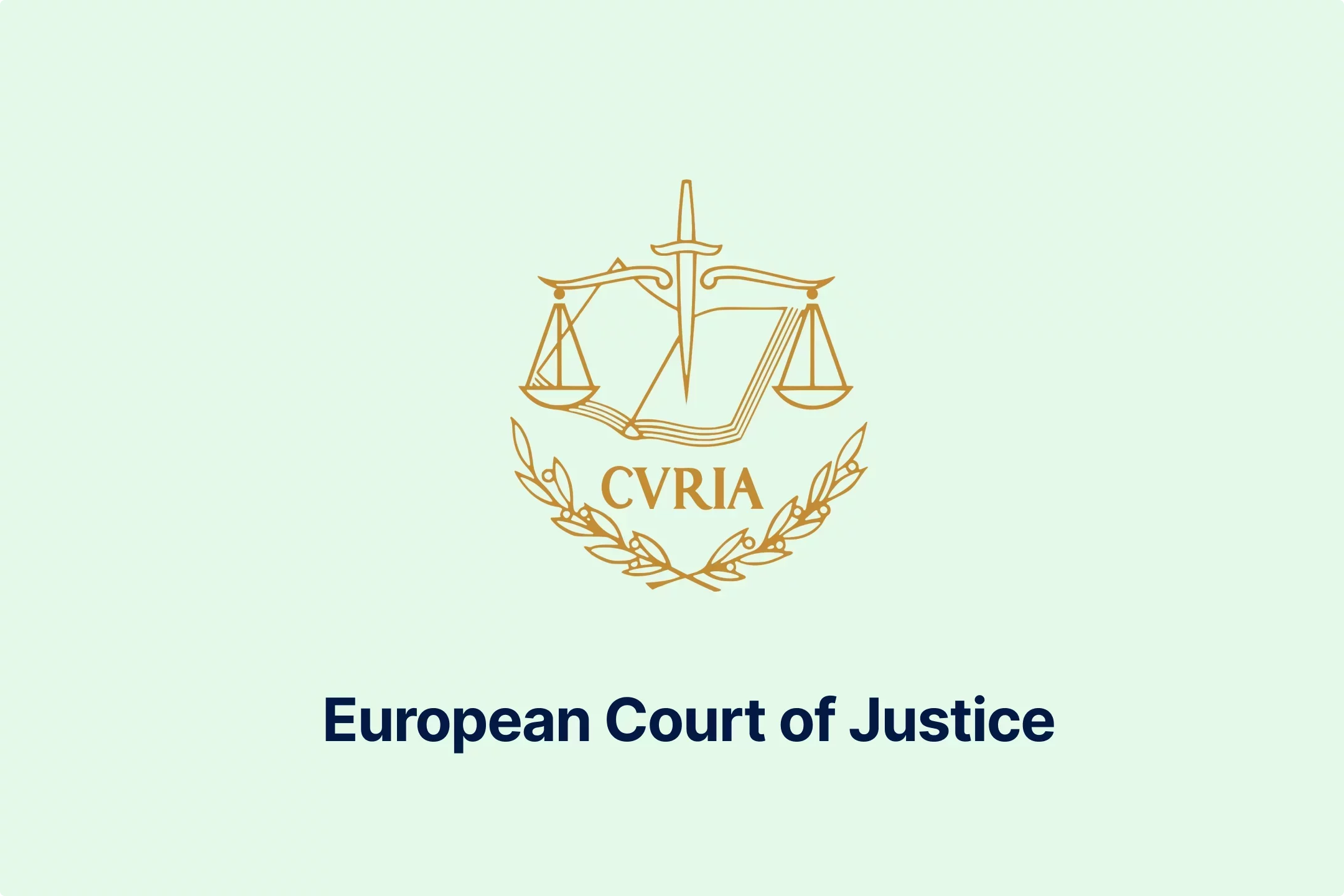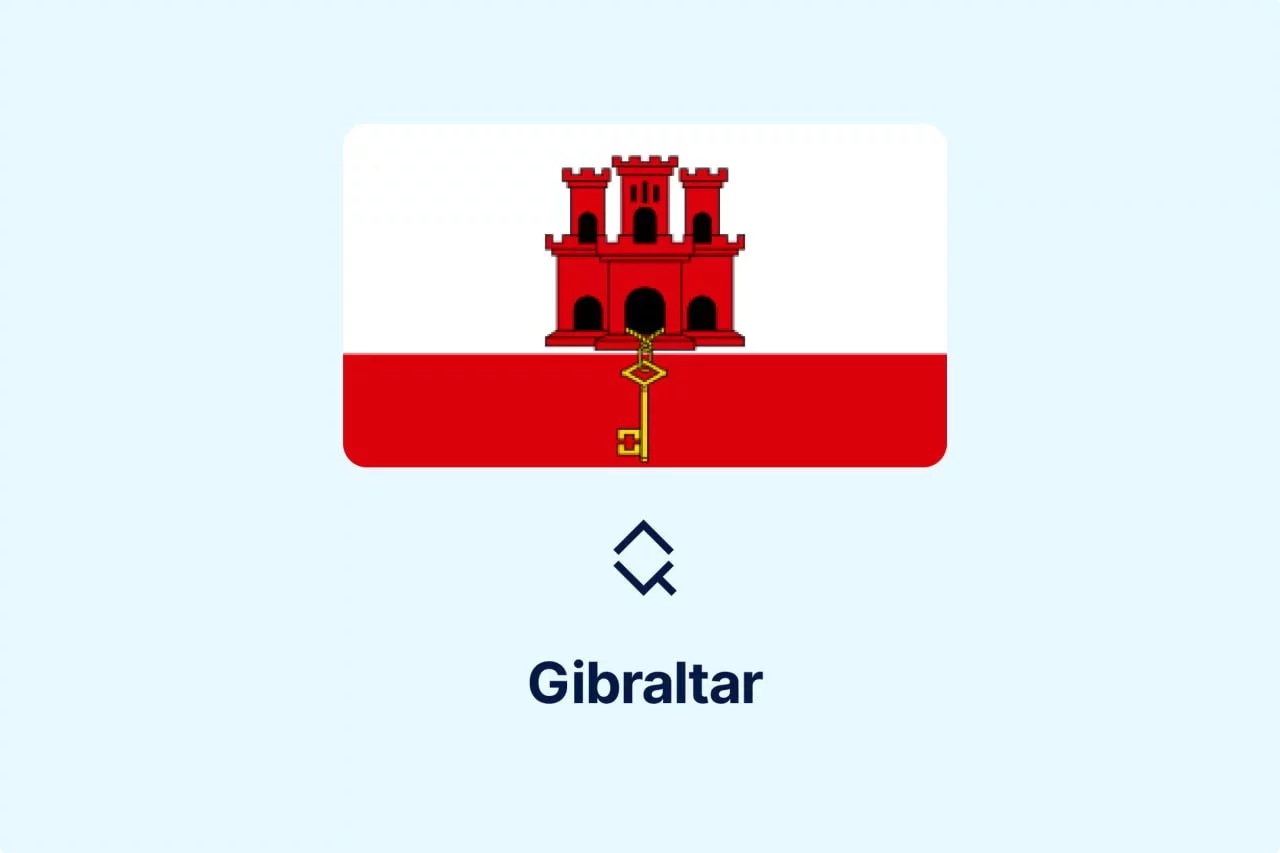Extended Producer Responsibility (EPR) and Its Impact on Digital Marketplaces in the EU

The rise of digital marketplaces in recent years has revolutionized global commerce and how goods are produced, sold, and shipped, providing consumers with unprecedented access to goods and services. As a consumer society extended, so did the race between digital marketplaces to offer the best services to their consumers.
However, many conveniences online shoppers enjoy come with environmental consequences, such as the growing waste problem. In response, the European Union (EU) strengthened its regulatory framework to address the environmental impact of e-commerce. This article explores the legislative background, challenges, and opportunities of Extended Producer Responsibility for digital marketplaces and their role in fostering sustainability.
The Problem: Environmental Impact of E-commerce
The rise of e-commerce and digital marketplaces has brought a new set of challenges for countries around the world. Cross-border trade has increased packaging waste, especially single-use packaging.
In addition, in the highly digitalized world that we live in, electronic products sold through digital marketplaces contribute to the growing problem of electronic waste, also known as e-waste. E-waste represents a risk not only to the environment but also to human health.
One additional problem in cross-border trade is that global shipping is easy and fast-paced, making it harder for authorities to track and manage the flow of goods. This leads to loopholes that allow producers and sellers to avoid compliance with local waste regulations, such as not registering with the national EPR schemes or complying with local waste management regulations.
The Solution: Extended Producer Responsibility (EPR)
Extended Producer Responsibility (EPR) is an environmental policy that makes producers responsible for the entire lifecycle of products, from design to end-of-life disposal. It was introduced in the EU through the Waste Framework Directive. As such, it does not represent any novelty to the EU regulatory framework.
The EPR programs and schemes are designed to make producers financially or physically responsible for collecting, treating, and recycling their products once they become waste. Therefore, the task and responsibility are shifted from local governments and taxpayers to producers, thus encouraging them to allocate more resources to making more sustainably designed products and more efficient waste management solutions.
However, as with many regulations, the established ERP system faced new challenges with the rise and development of the digital economy, especially e-commerce.
As a response to these issues, it expanded in subsequent legislation, such as the Packaging and Packaging Waste Directive and the Waste Electrical and Electronic Equipment Directive.
EU Legislative Background of the Extended Producer Responsibility (EPR)
Three directives represent the core of the EPR in the EU: the EU Packaging and Packaging Waste Directive (Packaging Directive), the EU Waste from Electrical and Electronic Equipment Directive, also known as the WEEE Directive, and the EU Battery Directive
The EU Packaging Directive establishes harmonized measures for packaging and managing packaging waste to ensure high environmental protection. Moreover, the EU is committed to eliminating the production of packaging waste, as noted by the latest changes to the Packaging Directive and encouraging the reuse and recycling of the packaging instead of disposing of it.
The EU implemented the so-called WEEE Directive to prevent the creation of e-waste and increase the reuse of secondary raw materials through recycling or other types of recovery. Under the WEEE Directive, e-waste should be separately collected and adequately treated. Furthermore, the WEEE Directive established a system to prevent illegal e-waste exports and introduced harmonization by imposing the obligation on the EU Member States to develop national EEE registers.
Finally, the Batteries Directive was implemented to establish a sustainable battery system throughout their life cycle.
So, how does this impact the digital marketplaces?
Impact on Digital Marketplaces
With the latest changes to EPR rules and regulations, digital marketplaces like Amazon are now liable for their sellers' compliance with EPR legislation. Although online sellers must register with a competent EPR authority in each EU Member State where they sell products for waste programs, either WEEW, battery, packaging, or textile, it is up to the marketplaces to obtain the EPR registration numbers from sellers and ensure that they comply with EPR legislation.
In addition, online marketplaces may be required to remit eco-contributions or eco-fees on behalf of EPR unregistered sellers. However, online marketplaces may hold the distribution of products until the seller meets its obligation to complete EPR registration before the national authority.
As producers and sellers must label their products correctly, the online marketplace must ensure that the labeling is done according to the Directives. If this is not the case, digital marketplaces may even block the sale of products.
Opportunities and Challenges of EPR Compliance
Although it may seem that some obligations are simply shifted to the digital marketplaces, this is ultimately also an opportunity for them to enhance their reputation and demonstrate their commitment to environmental responsibility. Moreover, digital marketplaces may use this opportunity to attract eco-conscious consumers. However, these opportunities come together with considerable challenges.
In addition to administrative burdens related to reporting obligations, financial and logistical burdens may make implementing EPR compliance challenging, especially for smaller online marketplaces. Also, as the EU EPR landscape did not reach the level of harmonization that the EU VAT landscape did, marketplaces operating in multiple EU jurisdictions may need help understanding all the national requirements.
Conclusion
As EU packaging rules aim to reduce the amount of plastic packaging waste and ban single-use plastic packaging from January 1, 2030, integrating the EPR into the operations of digital marketplaces is a critical step in the EU's journey toward a more sustainable economy.
By holding these platforms accountable for the environmental impact of the products sold on them, the EU wants to address the waste management issues posed by the rapid growth of e-commerce. As the EU regulatory framework evolves, digital markets must adopt a more proactive approach and embrace their role as key stakeholders in the EU’s environmental strategy.
Source: European Commission - Development of Guidance on Extended Producer Responsibility (EPR), Waste Framework Directive, European Commission - Packaging waste, European Commission - Waste from Electrical and Electronic Equipment, European Commission - Batteries, European Parliament - New EU rules to reduce, reuse and recycle packaging

Featured Insights

Burkina Faso FEC E-Invoicing Mandatory July 2026
🕝 February 24, 2026More News from Europe
Get real-time updates and developments from around the world, keeping you informed and prepared.
-e9lcpxl5nq.webp)




-zzrhegqsyq.webp)

-ulcnia30z1.webp)



-3rcczziozt.webp)

-rvskhoqpms.webp)




-a5mkrjbira.webp)

-ivkzc1pwr4.webp)




-hssrwb5osg.webp)



-c06xa1wopr.webp)









-webajrr4ny.webp)
-evibmwdwcn.webp)
-7acdre0hop.webp)

-lcgcyghaer.webp)
-ol6mdkdowg.webp)
-aqdwtmzhkd.webp)

-njgdvdxe2u.webp)



-i6rki3jbad.webp)
-hdwgtama05.webp)

-atbhy5fyxv.webp)






-zp2n6zixoa.webp)
-oa1ynbm4sn.webp)


-lltkno6txy.webp)



-do38odrqnq.webp)

-t409oldqzt.webp)

-hordopb6xh.webp)

-ooimnrbete.webp)

-lwb5qpsily.webp)


-eumafizrhm.webp)

-mtqp3va9gb.webp)

-3ewrn1yvfa.webp)
-591j35flz2.webp)

-huj3cam1de.webp)


-hafis0ii23.webp)

-qseaw5zmcy.webp)



-qzsah2ifqx.webp)


-69rzooghib.webp)
-wrvng98m0g.webp)


-psucycuxh2.webp)
-klyo8bn5lc.webp)




-6wv5h5eyyd.webp)
-tfgg78rbid.webp)
-a6jpv9ny8v.webp)
-qhdbapy0qr.webp)


-owvu7zoc13.webp)


-h28jrh1ukm.webp)

-wl9bl1rw3a.webp)

-2w76jtvtuk.webp)

-c0uvrmrq9j.webp)



-pofe7ucwz3.webp)



-5cc23ezxyf.webp)
-rrmabbekeb.webp)








-iyyeiabtaf.webp)
-c8rbjkcs01.webp)
-nilkffjhah.webp)

-hikakq55ae.webp)

-z1d60bldtg.webp)
-d1a0q6n7mp.webp)
-viip8nvoeh.webp)
-bvv1otliox.webp)



-de8hdb1bn3.webp)
-7xsxxoypnx.webp)

-cm0opezg73.webp)
-0tovsdupmi.webp)
-subxdamdj6.webp)


-gly6ablwnh.webp)
-gkduqhwbzh.webp)
-qpe1ld9vcj.webp)
-8noukwsmba.webp)
-aka29tuhkt.webp)


-fisvs27yrp.webp)


-mp0jakanyb.webp)

-aivzsuryuq.webp)



-o7f4ogsy06.webp)

-zjja92wdje.webp)
-hrbhdts8ry.webp)
-qtdkwpgkug.webp)


-cf8ccgah0p.webp)
-0em3cif5s6.webp)






-ptzesl0kij.webp)

-tfzv42pyms.webp)







-uodv7sfbih.webp)
-bbrdfmm9qf.webp)



-m2tl8crfqr.webp)




-1awbqjgpjs.webp)
-avbjsn1k1g.webp)


-0h8ohkx6s0.webp)



-wfmqhtc7i6.webp)
-7wljbof2zo.webp)

-eqt97uyekl.webp)
-wzw9mcf563.webp)

-z4oxr6i0zd.webp)




-l0zcrrzvhb.webp)
-fhtic1pwml.webp)

-iipdguuz9p.webp)
-nkhhwrnggm.webp)
-pltqwerr3w.webp)

-nn6mtfbneq.webp)

-tmnklelfku.webp)



-8z1msbdibu.webp)
-7g16lgggrv.webp)



-lxcwgtzitc.webp)
-9mc55kqwtx.webp)


-xla7j3cxwz.webp)
-jrdryw2eil.webp)






-t9qr49xs2u.webp)


-qjopq5jplv.webp)



-vune1zdqex.webp)

-qsozqjwle2.webp)
-rgjta7iwiv.webp)

-zb6bxxws47.webp)
-lyfjzw4okp.webp)

-ogpfmol5m1.png)


-czisebympl.png)

-zetvivc79v.png)
-ud7ylvkade.png)
-qizq6w2v5z.png)







-ihr6b4mpo1.webp)
-k1j4au0ph6.webp)
-swxxcatugi.webp)


-ig9tutqopw.webp)

-tauoa6ziym.webp)

-spr0wydvvg.webp)

-xfuognajem.webp)





-u2nv5luoqc.webp)








-opuxpan2iu.webp)




-kwttsfd8ow.webp)
-8u14qi10nj.webp)

-wjpr96aq5g.webp)

.png)

.png)


.png)


.png)


.png)
.png)
.png)
.png)
.png)

.png)
.png)




.png)
.png)




































































































































